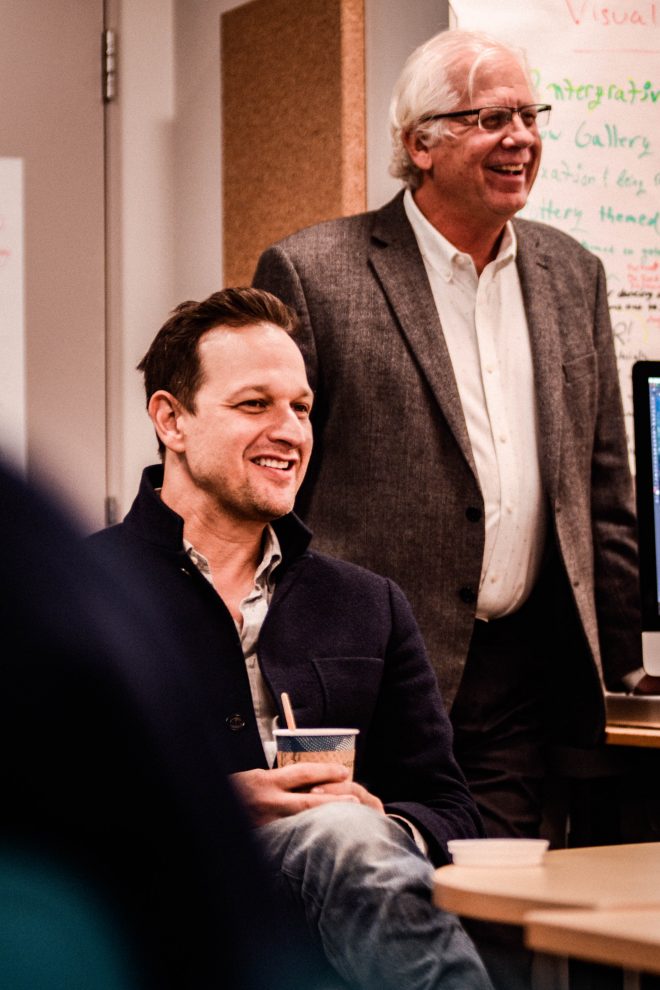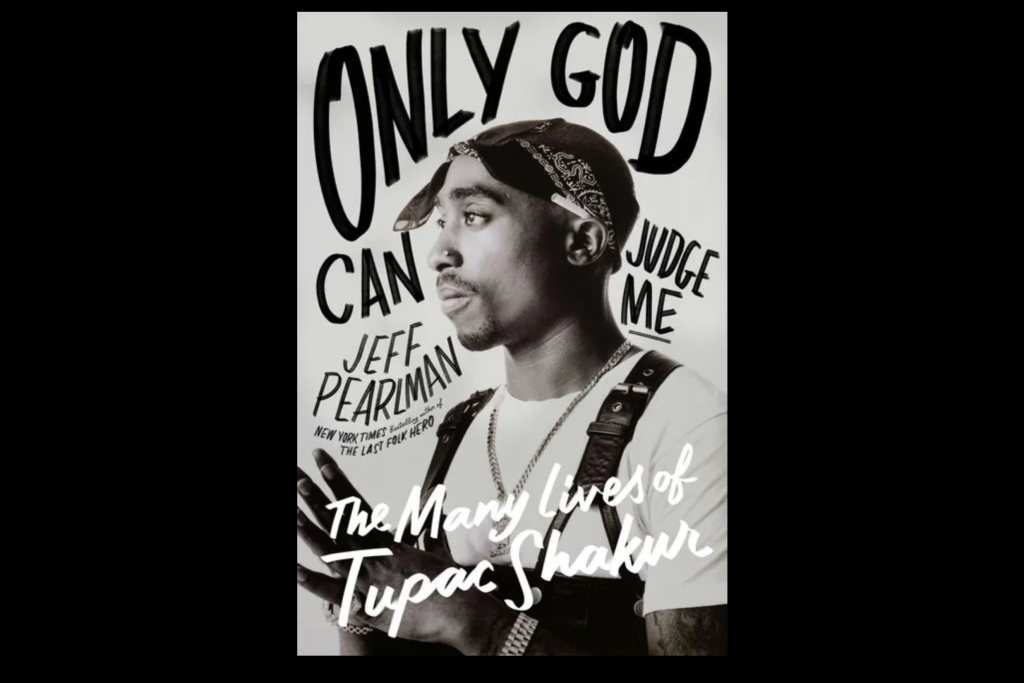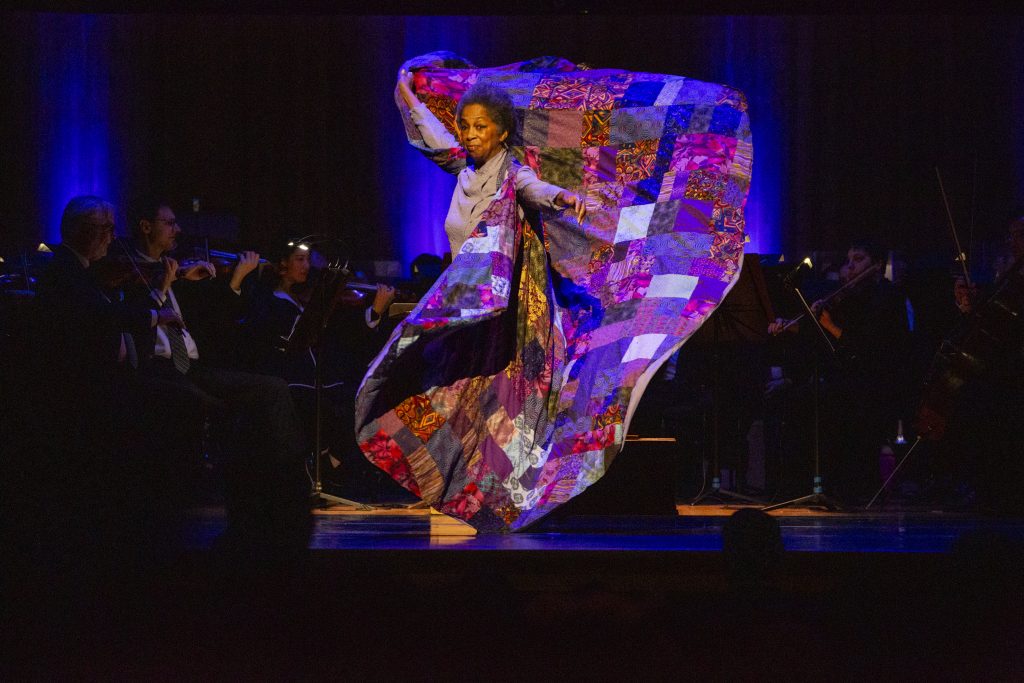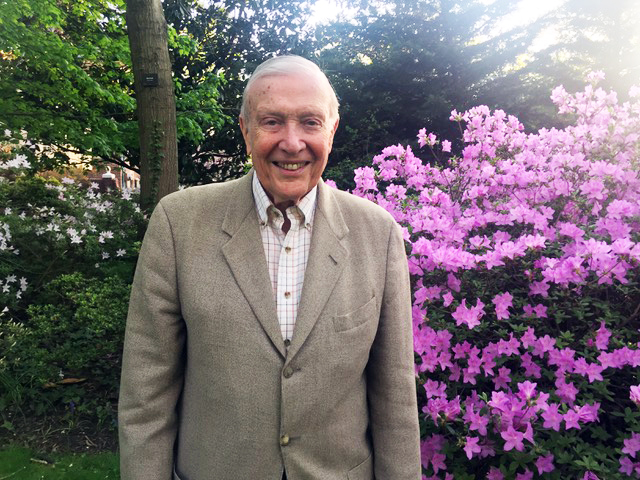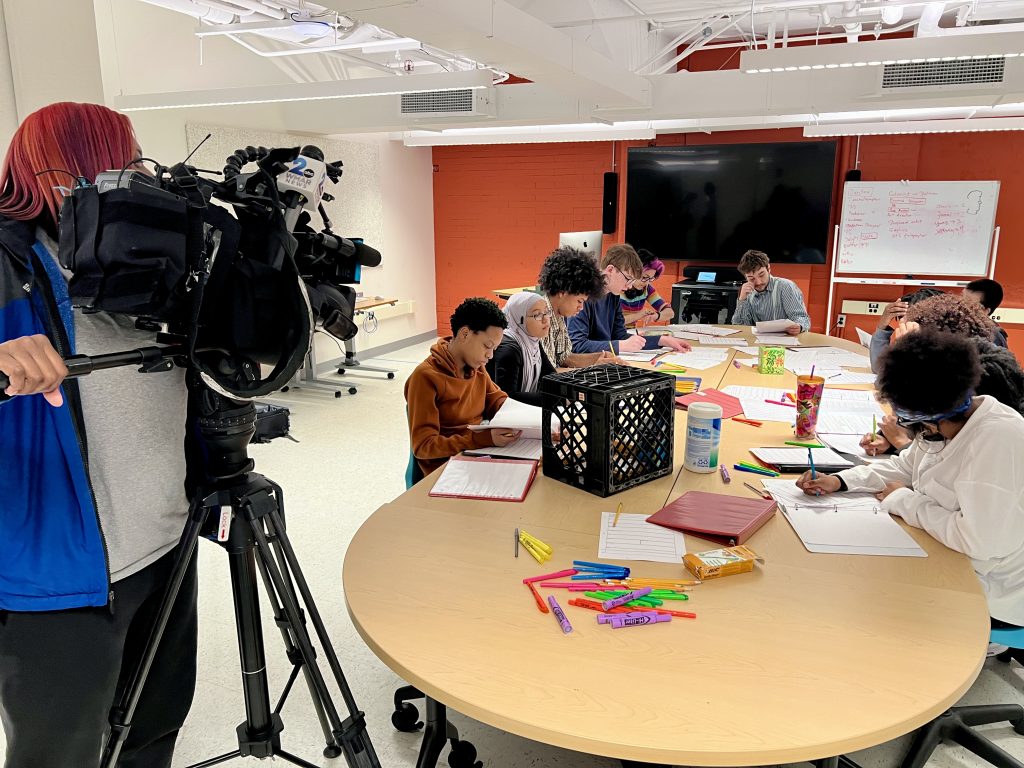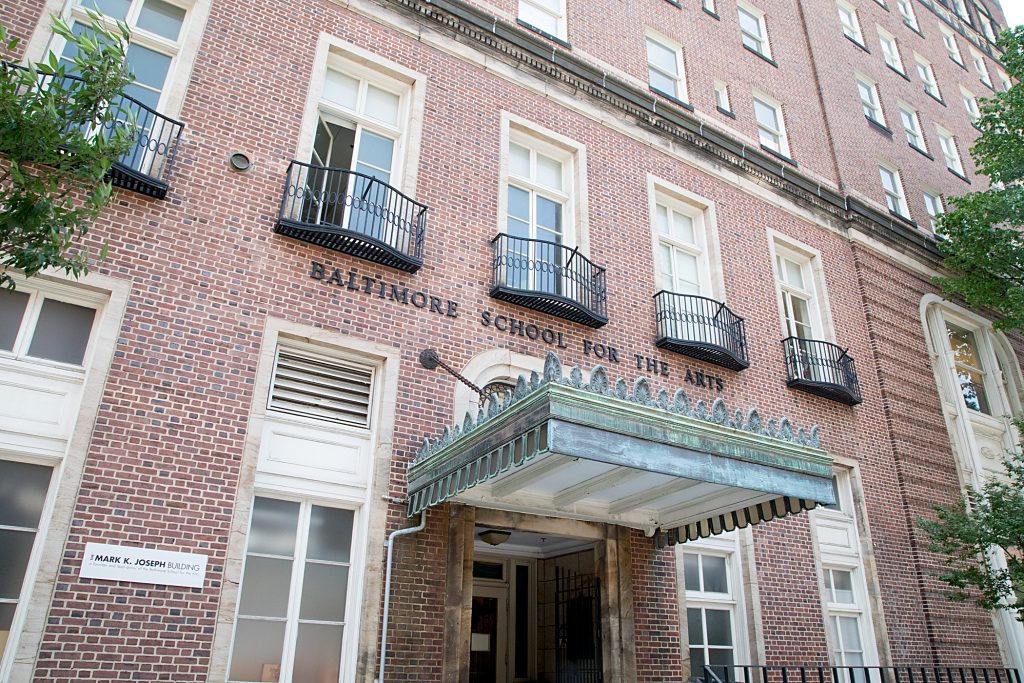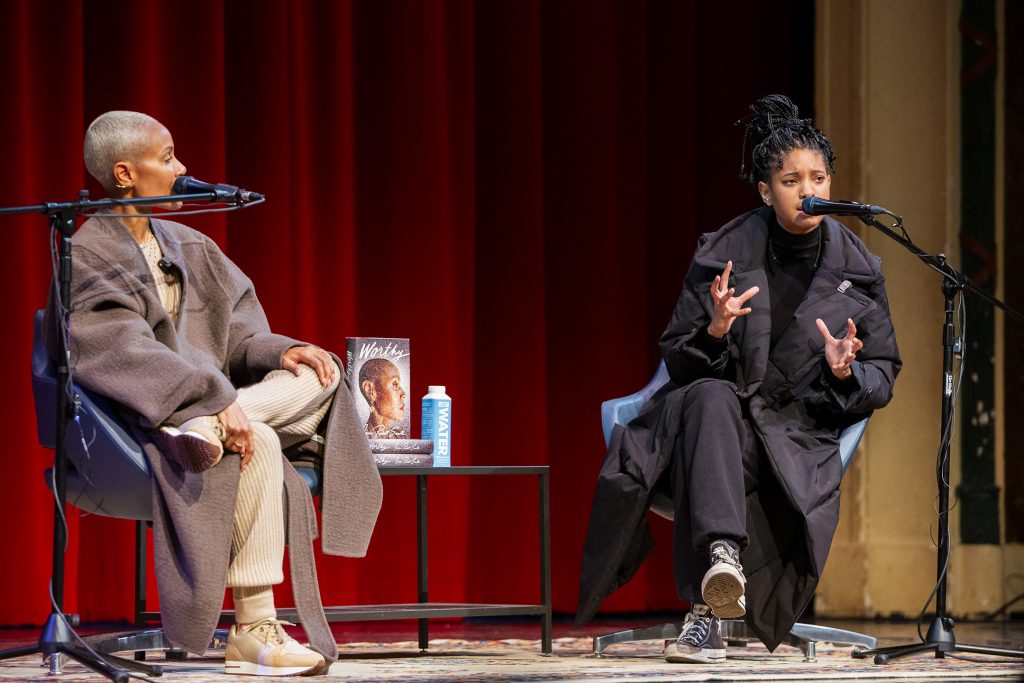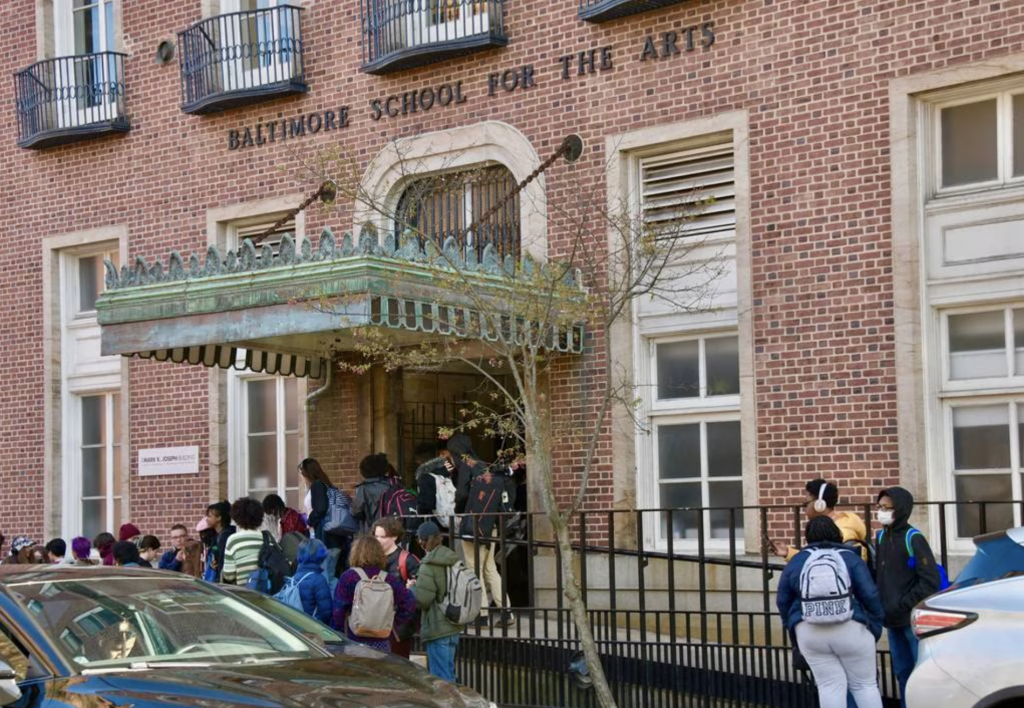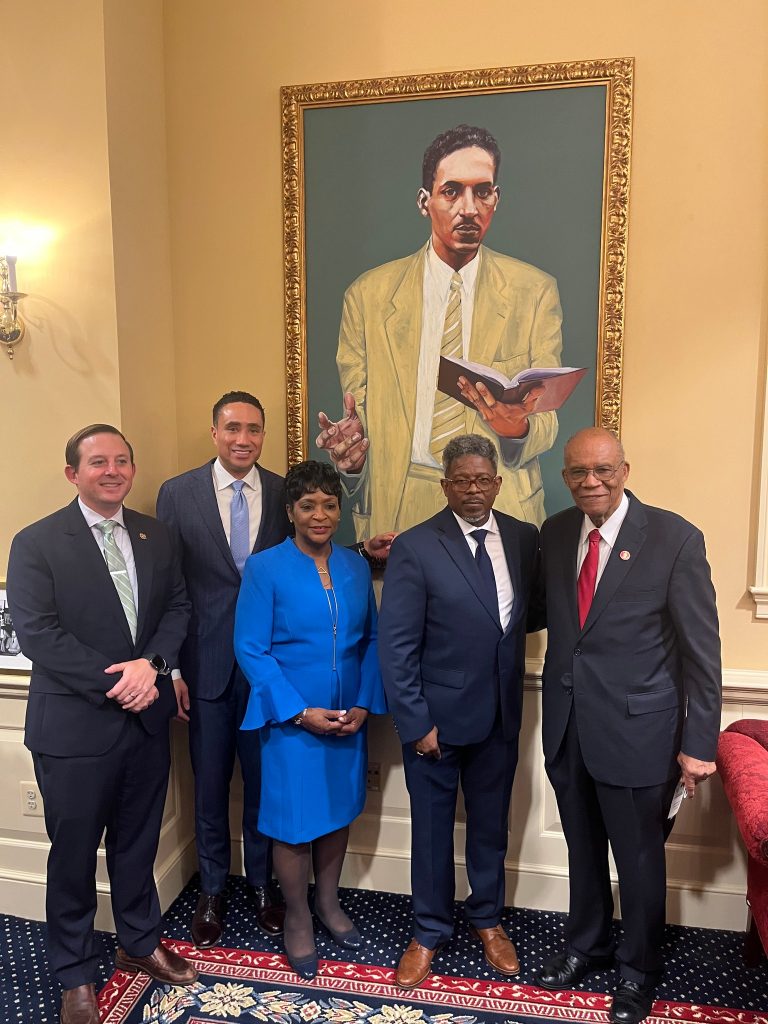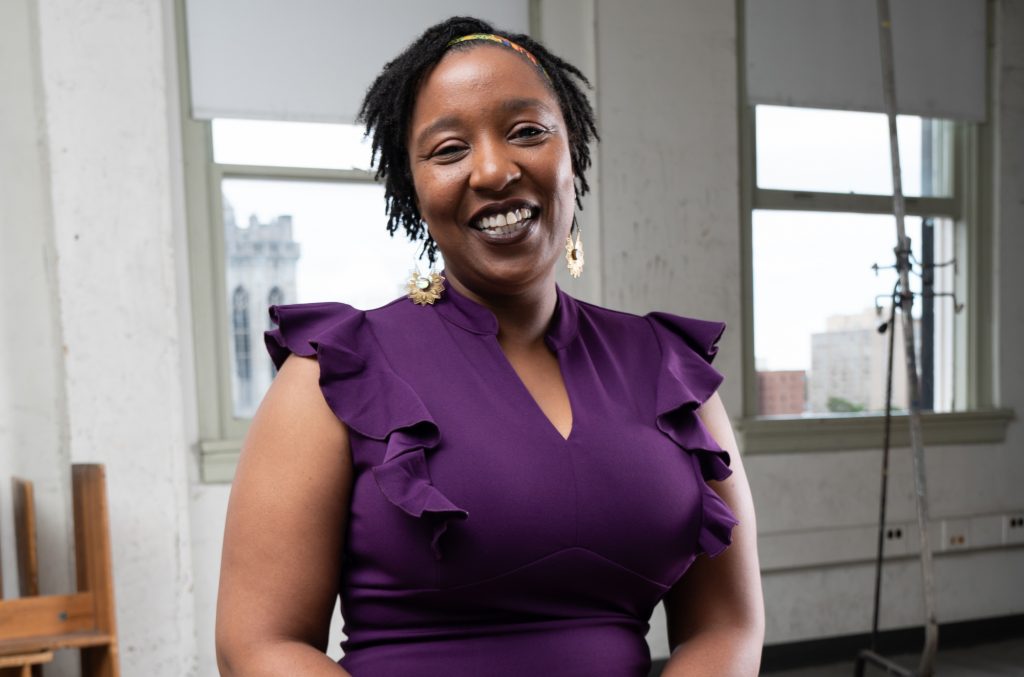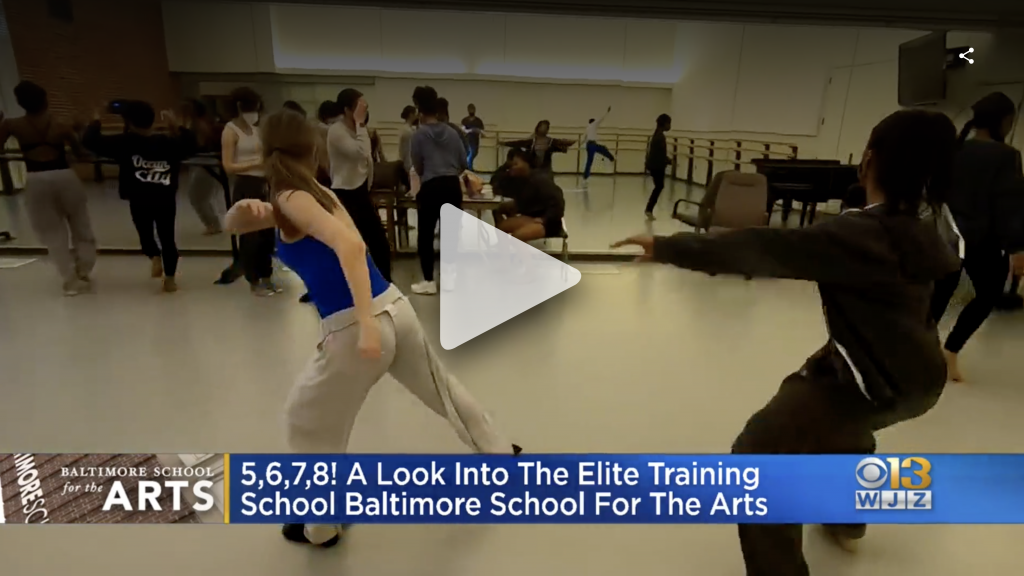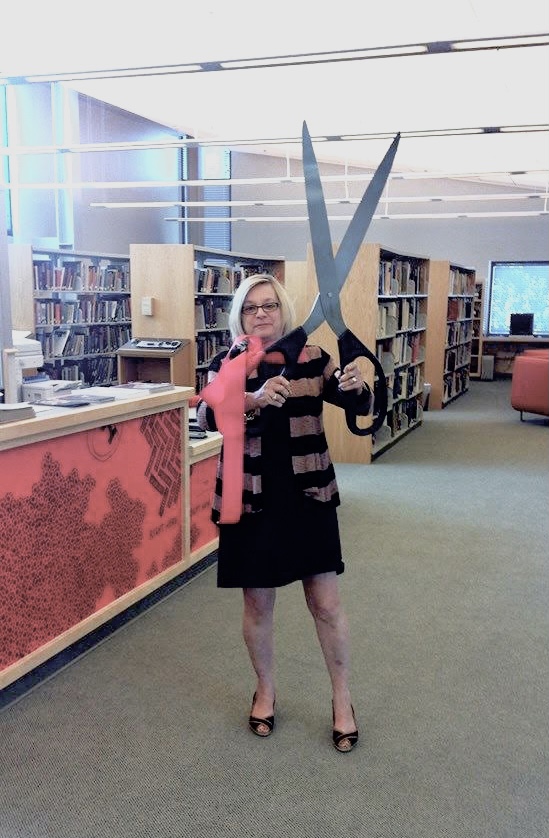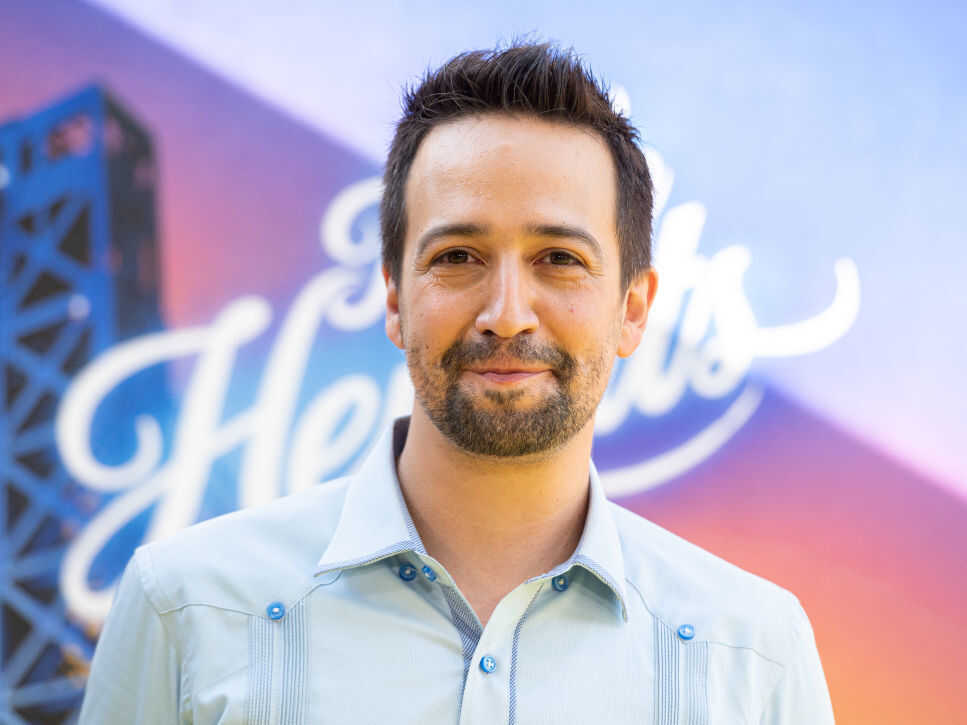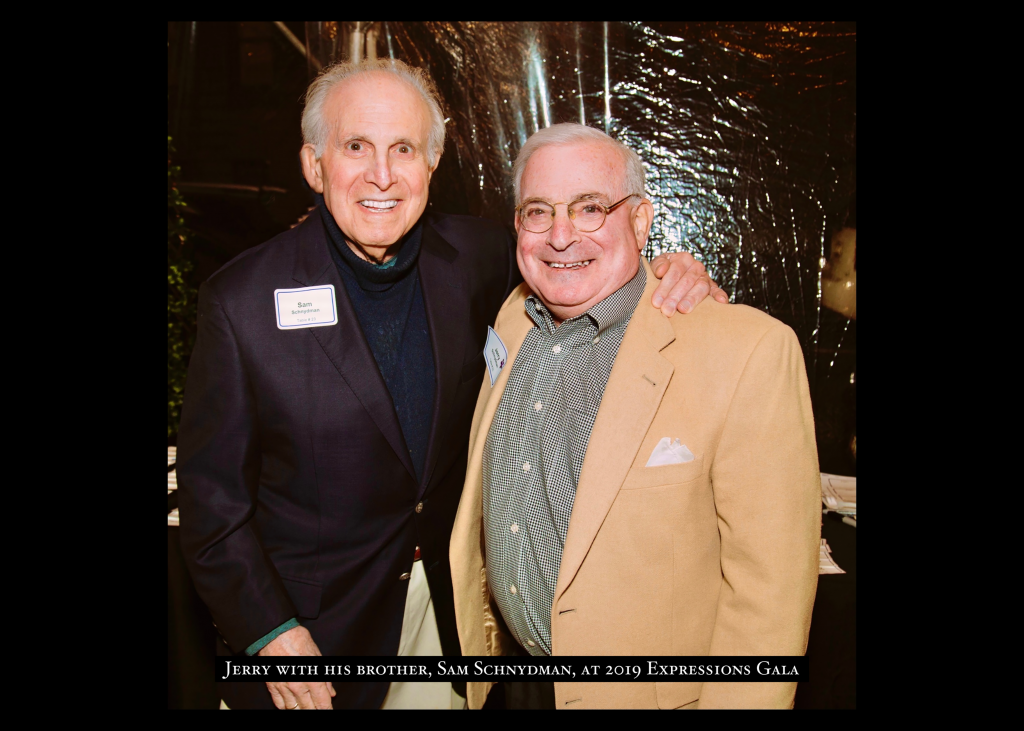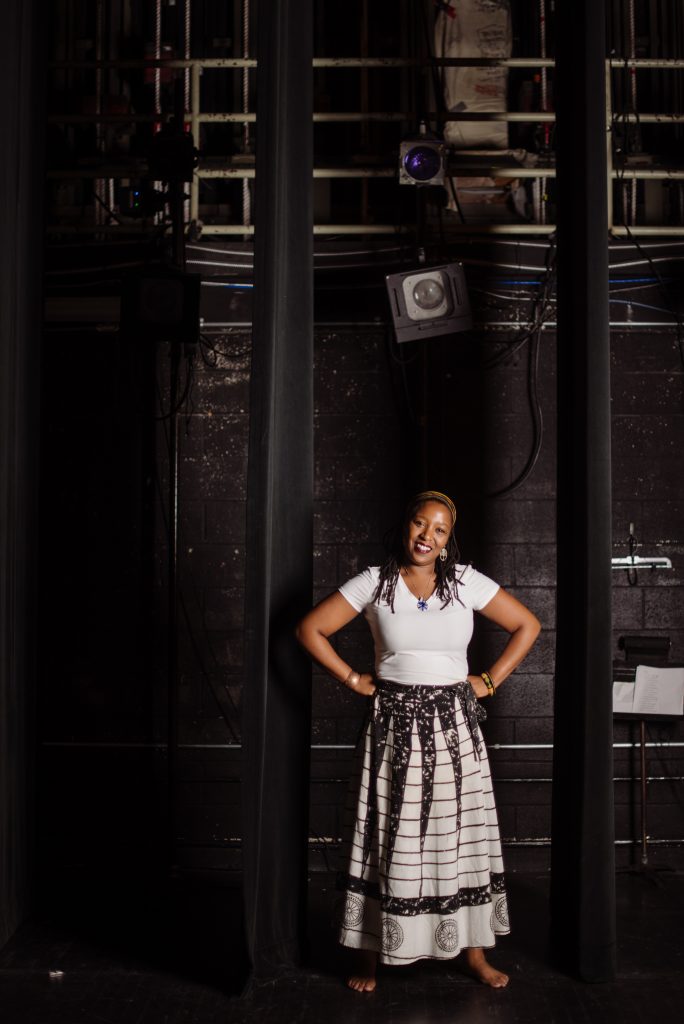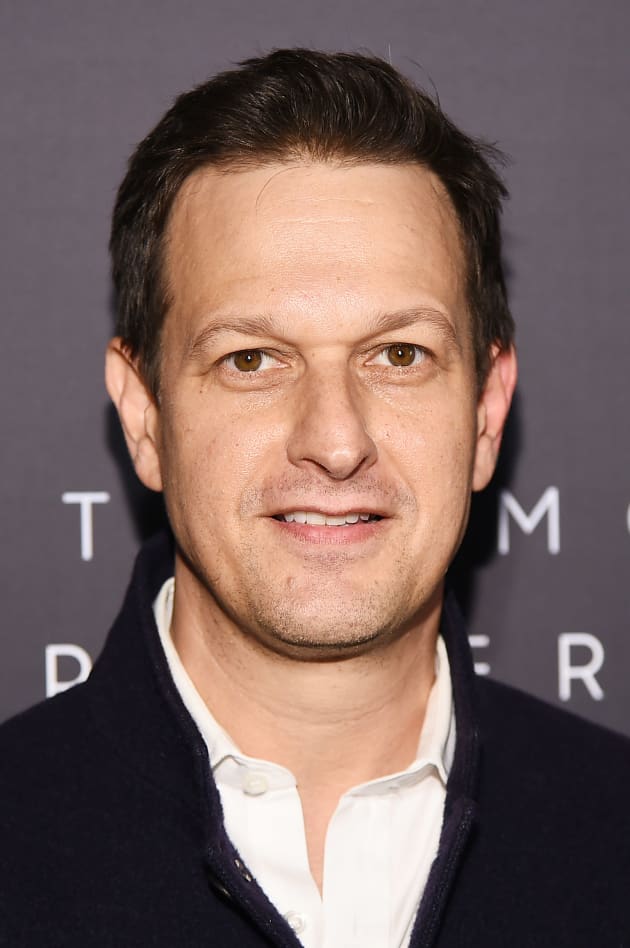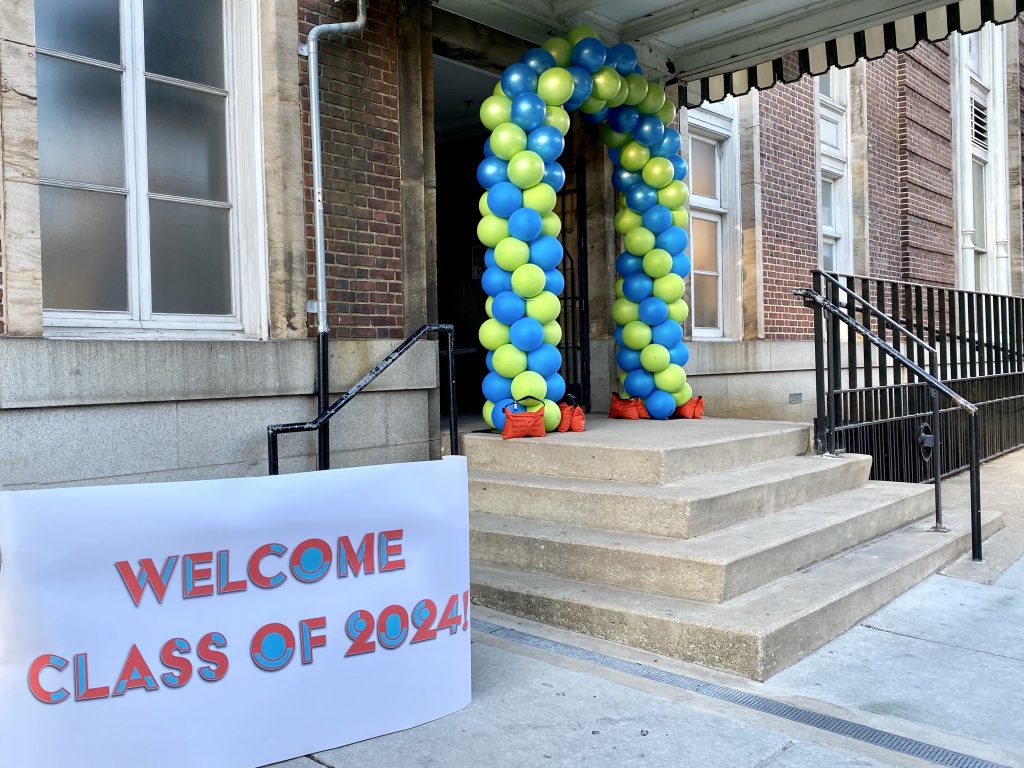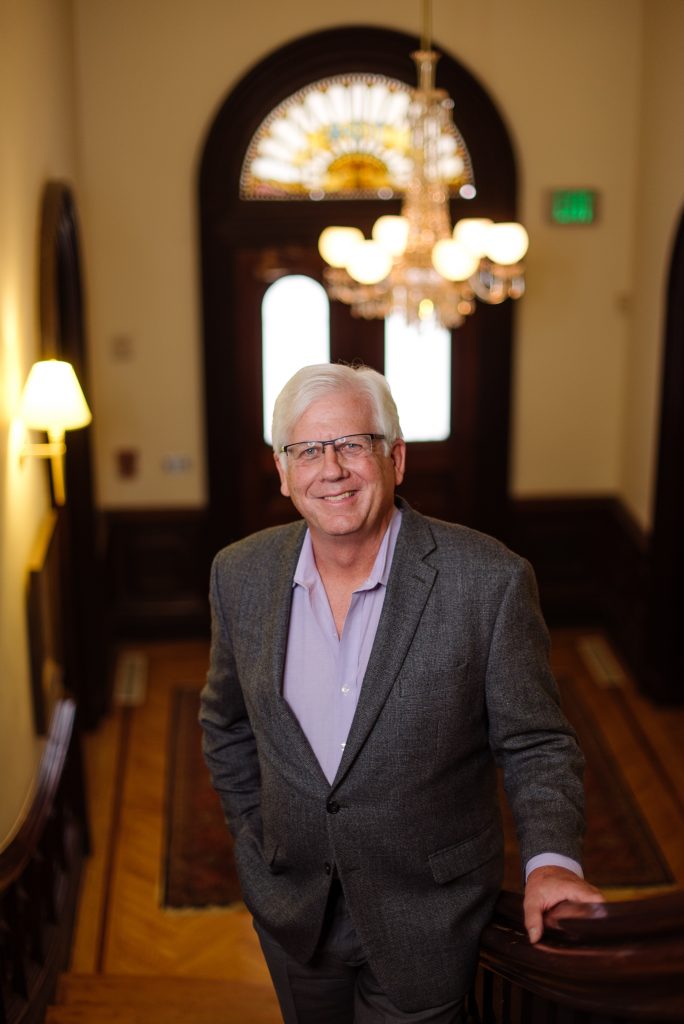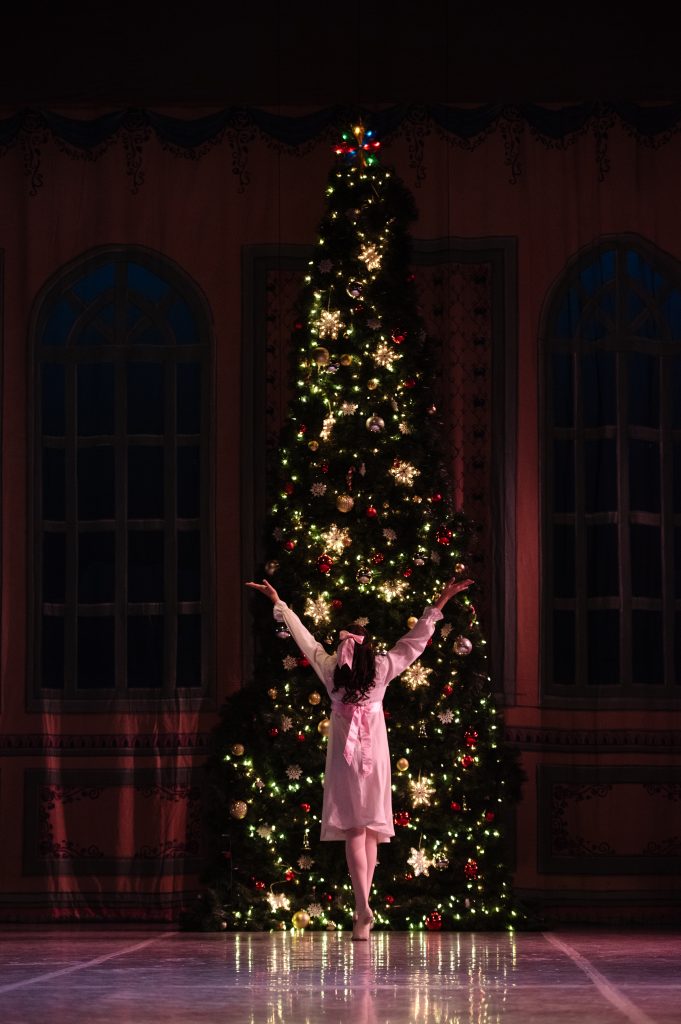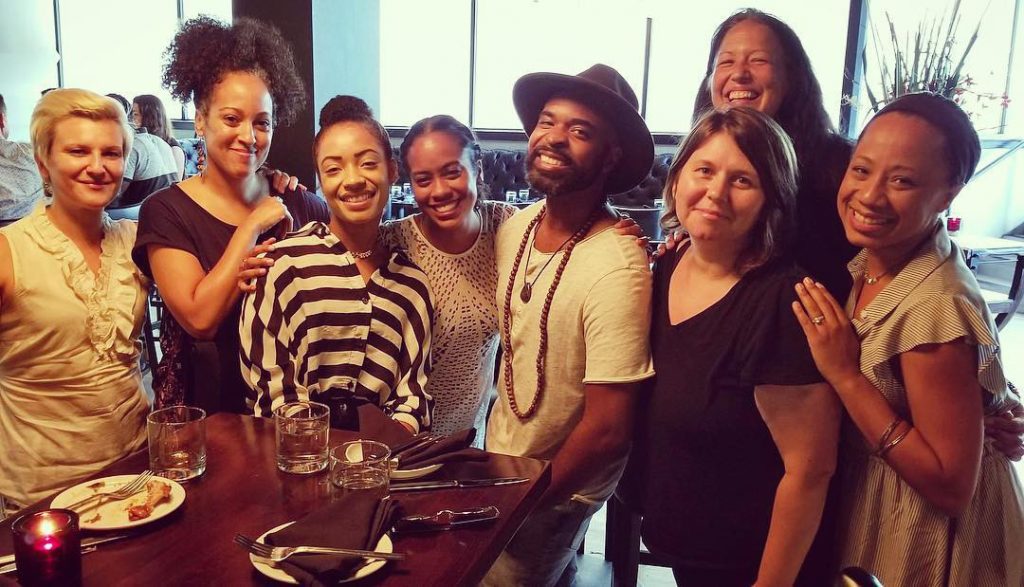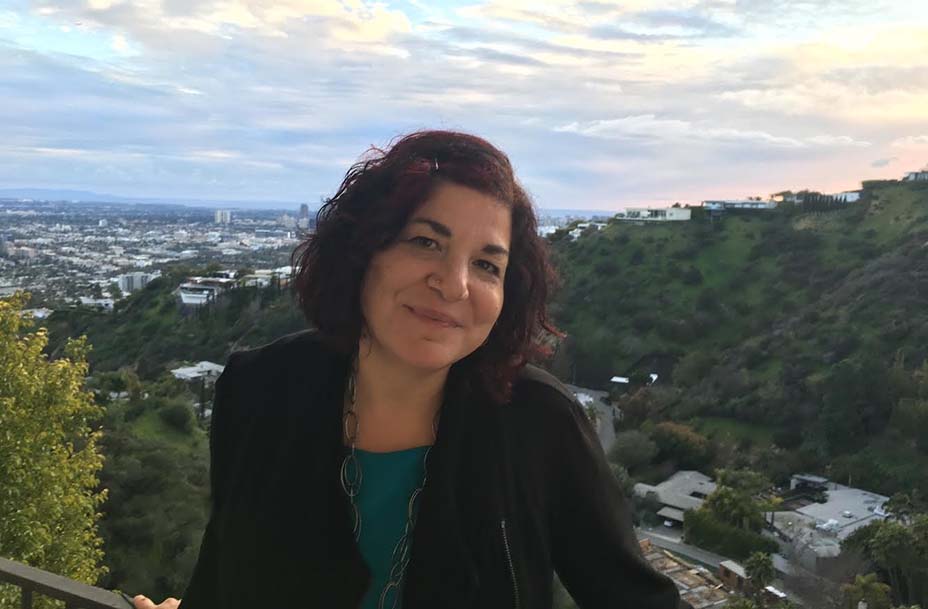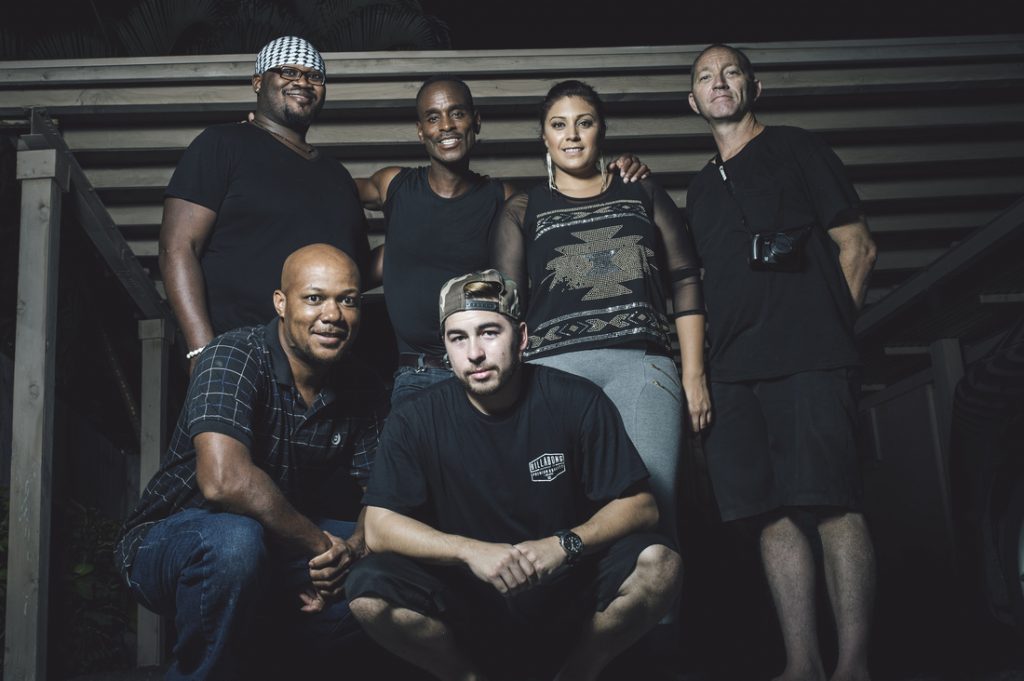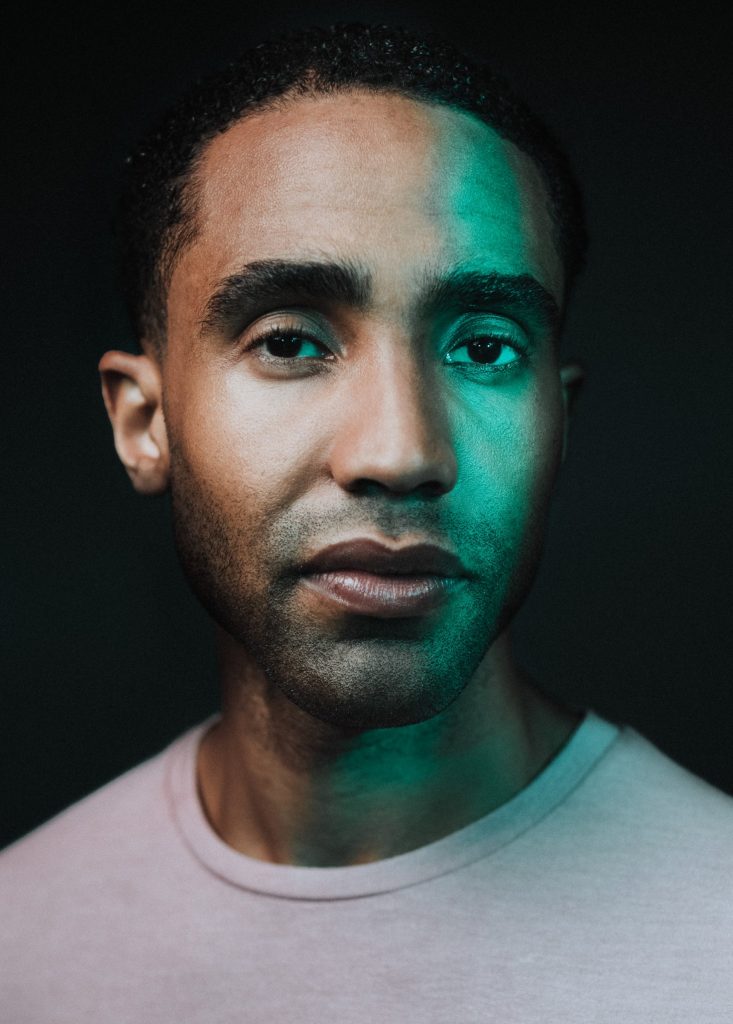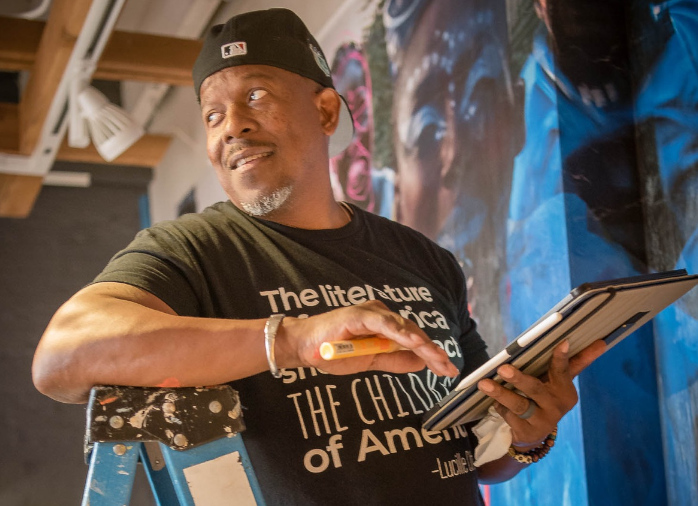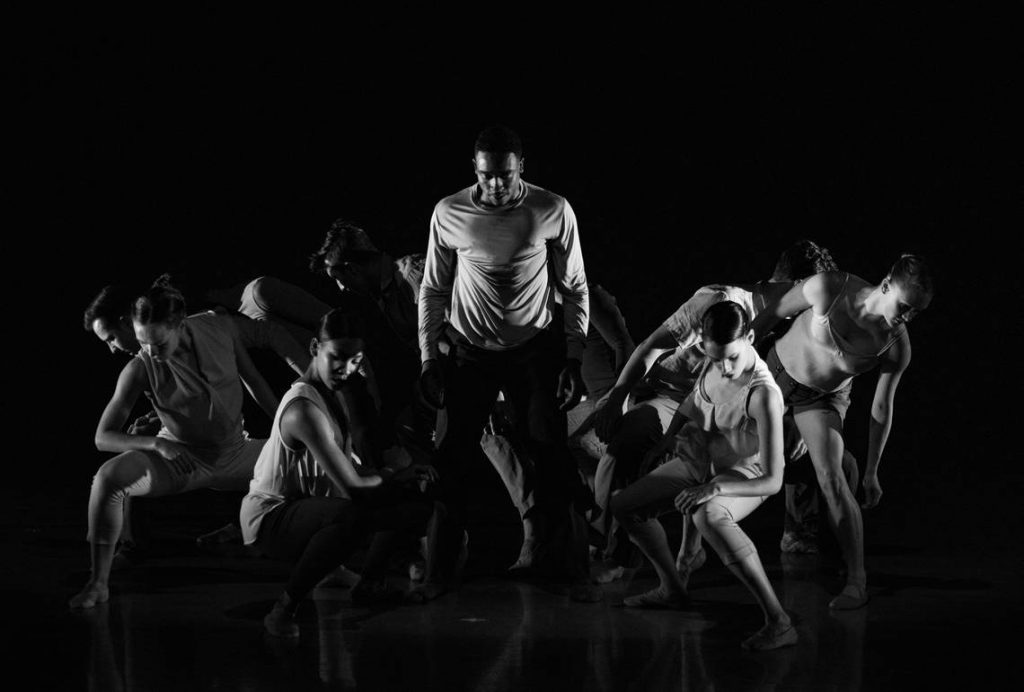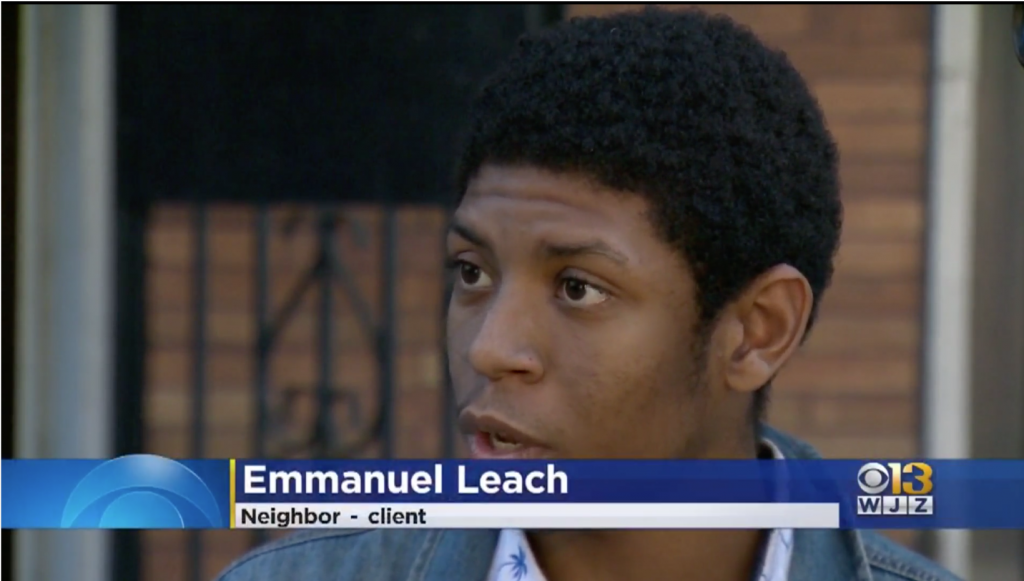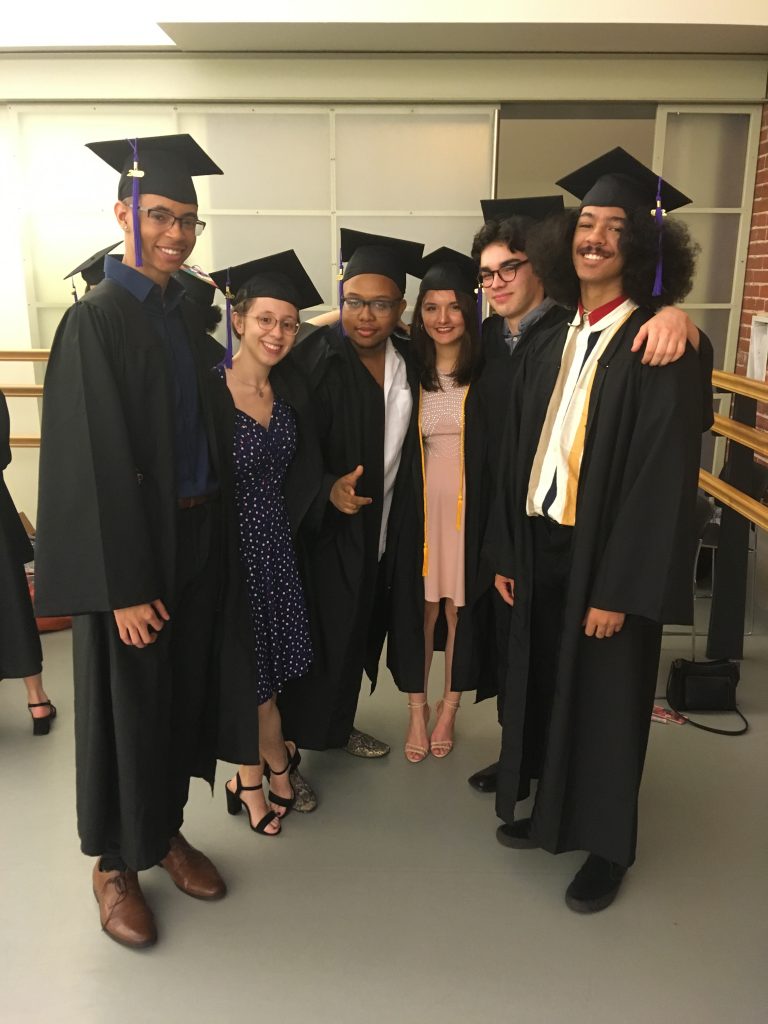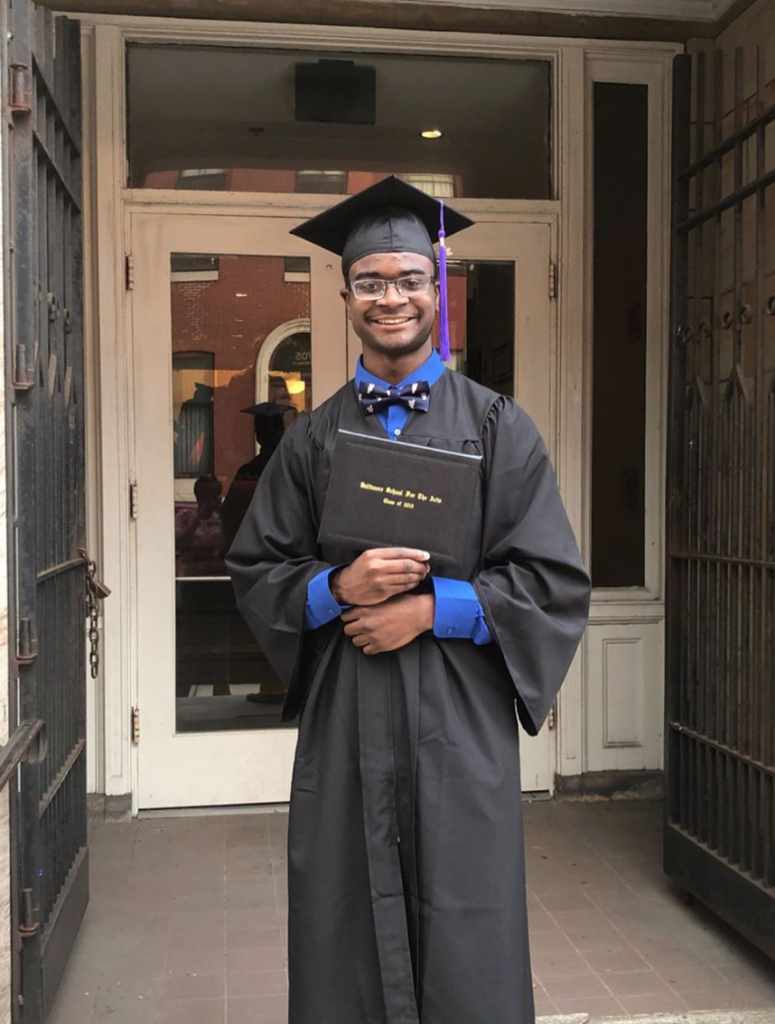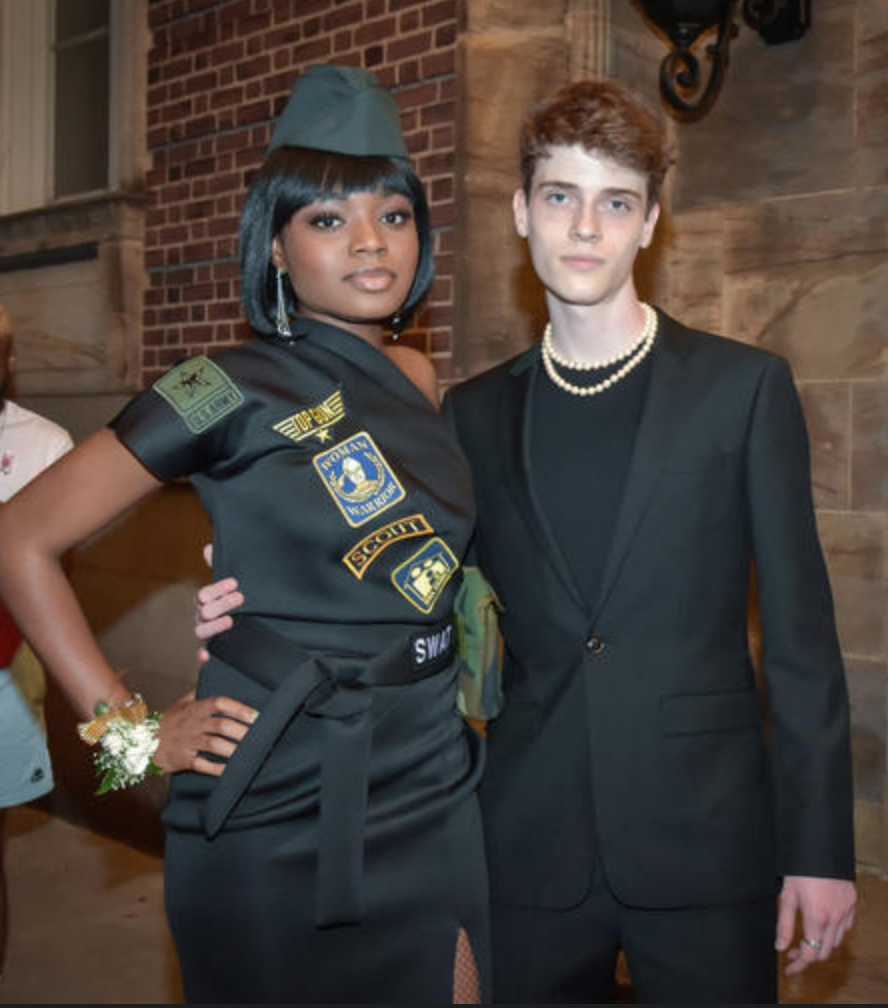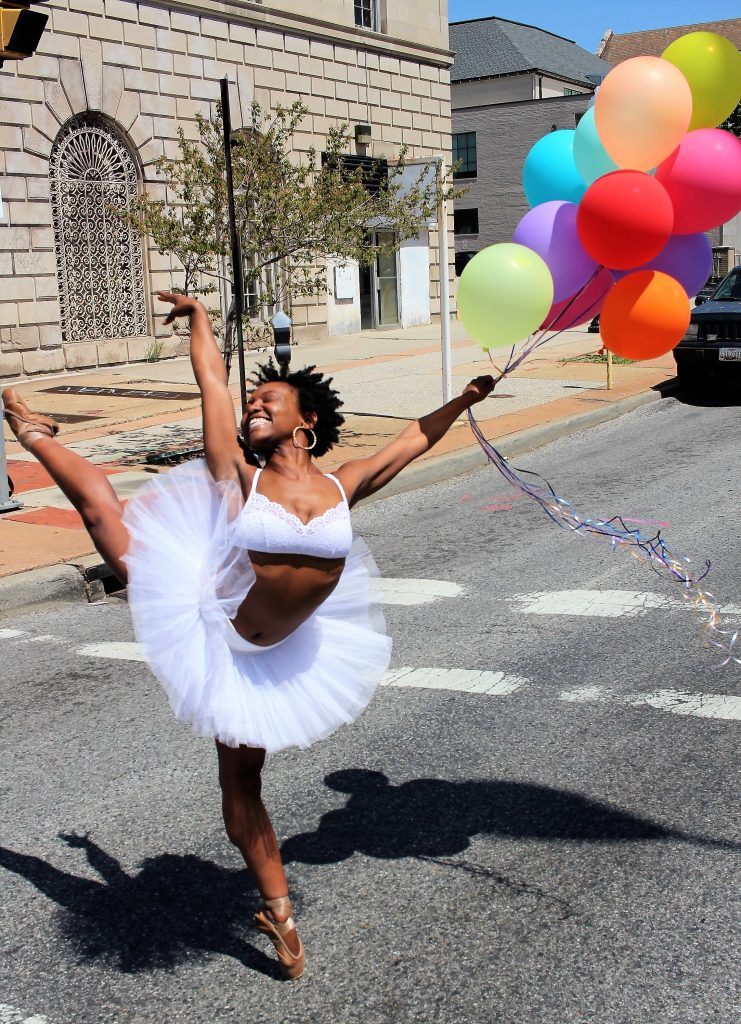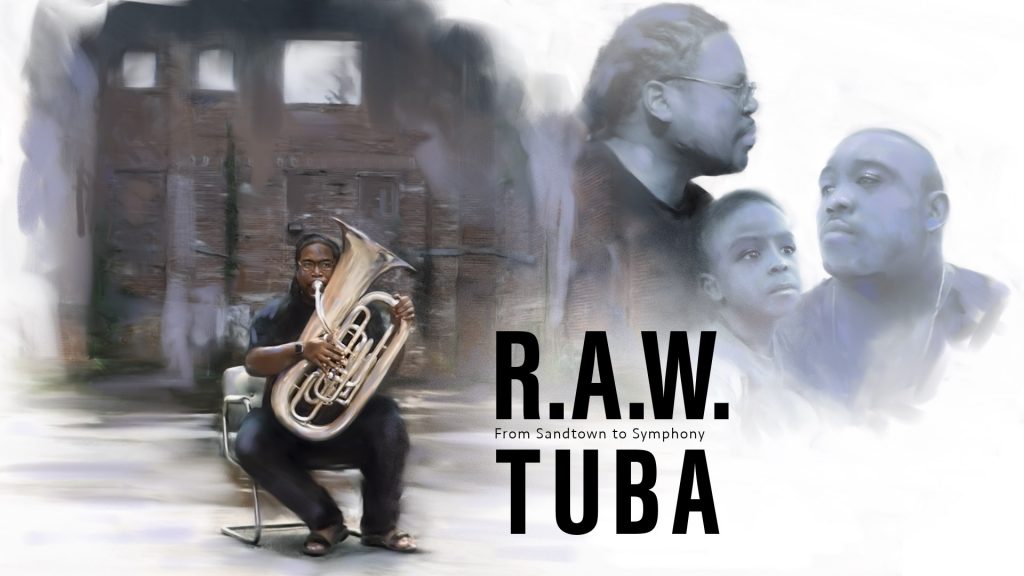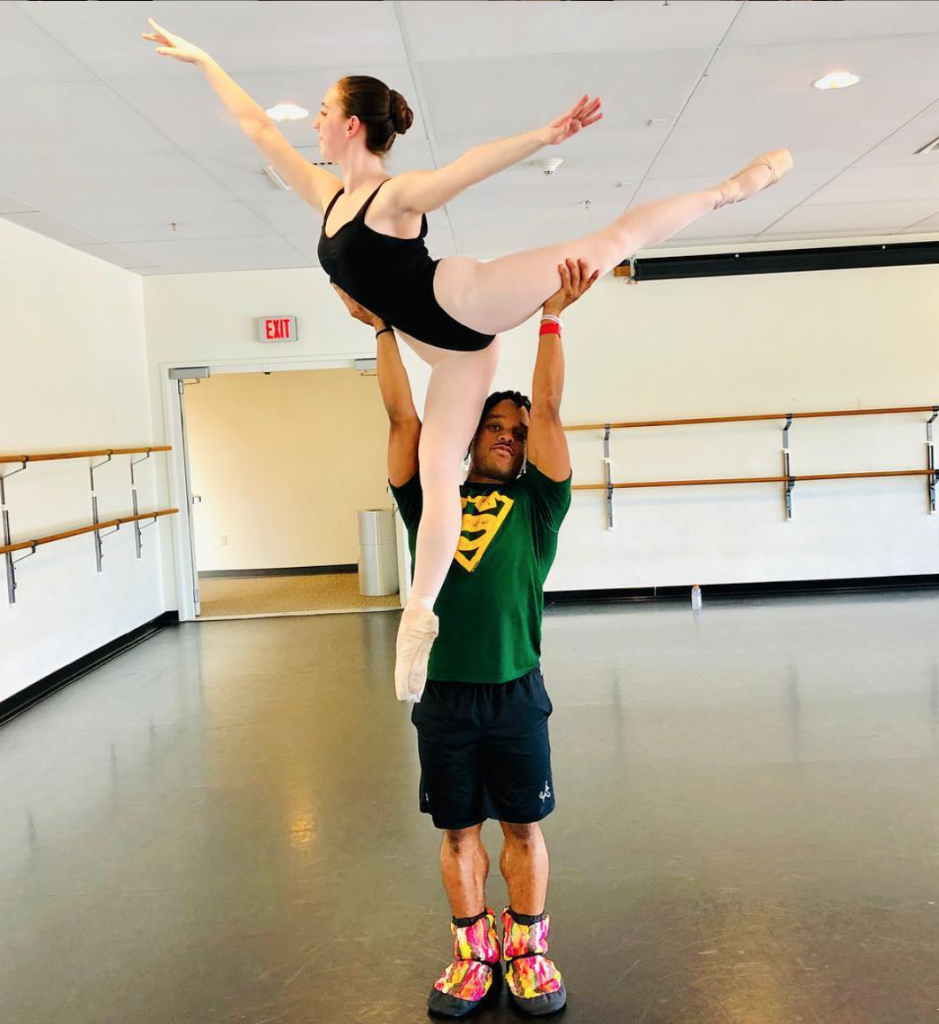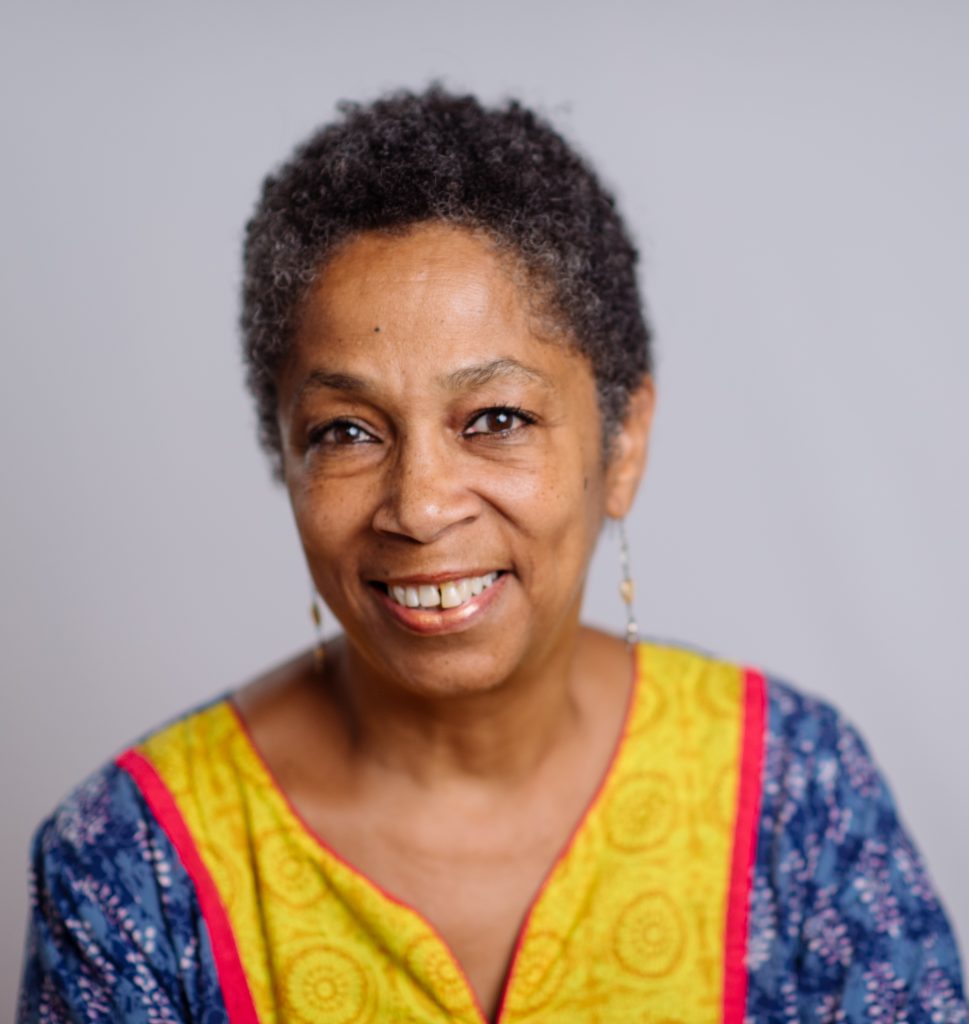Depending on who you are, you may remember Josh Charles ’88 as the hopeless romantic Knox Overstreet from Dead Poets Society, the determined corporate lawyer Will Gardner from The Good Wife, or the seductive Duke Snyder from Unbreakable Kimmy Schmidt. The Baltimore School for the Arts alumnus has had an acting and directing career that has spanned decades, as well as the worlds of TV, film, and stage. He has dozens and dozens of high-profile credits to his name.
He also has a deep love of Baltimore and his alma mater, as well as a desire to see his hometown and its people flourish.
Having returned to Baltimore for Homecoming, an ambitious project bringing together Baltimore’s most successful alumni in the hopes of generating bold new ideas for the city, Charles stopped by BSA to learn about its most recent projects and to speak with our film and theatre students.
The Charles C. Baum Film and Visual Storytelling Department (lead donors, Patricia and Mark Joseph) was his first stop. He viewed Morphe, the 7-minute animation that premiered last year at Expressions, and the students were then eager to engage with him about his film career.
Though many of the film students hope to pursue careers as directors, editors, and cinematographers, they were curious about what it was like for actors dealing with the stress from being on camera.
“I think one of the best gifts you can give yourself is relaxation, which comes with preparation,” Charles said. Preparation can be tricky, Charles said, as the business doesn’t always allow for a lot of time. He’s received scripts the night before the shoot for TV projects, had a little bit more time with film, but enjoys having several weeks to prepare, which is the standard process for theatre.
The film students also had an opportunity to share a little bit of their BSA experience with Charles, stressing their appreciation for being able to devote a large portion of their day to learning things they’re really passionate about, as well as the fact that their diverse curriculum includes multiple aspects of film development, including acting, with a heavy focus on writing and story development as well.
Charles was encouraged by the film’s focus on storytelling, as well as the fact that the students were learning all of the roles involved in producing a film. He also said he was very impressed with Morphe, which involved rotoscoping 5,000 images.
“The story is everything. I think it’s easy to lose sight of that. The more you understand story and acting it’s going to help with everything you do,” he said.
The students were incredibly disappointed when their session was over.
“Oh, he can’t stay with us the whole day?” Kaori Taylor ’21 joked.
As Charles and BSA Director Chris Ford moved through the school, Dr. Ford showed him the neighborhood map of current high school and TWIGS students, detailing BSA’s efforts to draw more students from underrepresented parts of the city to their community. Charles mentioned that someone had been discussing that very topic with him the previous evening, and he was glad to learn about BSA’s efforts to be accessible to all of Baltimore’s artists.
For his final stop, Charles stopped by the Schaefer Ballroom, home to many of the productions in which he himself performed. He found an eager group of theatre students, who were only to happy to “come closer” as he instructed them. The actors were keen to get first-hand advice on how they, too, could have such prominent careers.
But first, Charles praised BSA’s sense of community.
“I assume you’re all from different parts of city,” he said.
“What you all have in common is that you are all interested in being an artist. That represents what the arts can do.”
The theatre students asked for auditioning advice, and Charles told them it was a necessary evil. “Some wonderful actors are not necessarily great at auditioning, myself included.” He exhorted them to get comfortable in front of a camera, explaining the current process for TV and film relied heavily on self-taped submissions for roles.
He once again stressed the importance of preparation, just as he did with the film students.
“Be prepared,” Charles said. “Actors are incredible at self-sabotage because they don’t want to be rejected. Go for it.”
Actors dealing with stage fright should always focus on the other person, he advised. When you’re more focused on the action and what you’re giving, it takes your mind off of yourself. People who struggle with social anxiety should also consider taking an acting class, he said, for similar reasons.
While the students were eager to obtain his level of success, Charles cautioned them that he started working at a very young age, when he was discovered by an acting manager at a camp in upstate New York. He stressed the importance of gaining life experiences and taking advantage of the training opportunities they had right in front of them.
He recommended working in theatre first as they launched their careers, because “it’s an actor’s medium first because it’s alive every night.”
Charles seemed to really enjoy his time with the students, and wished he could stay longer.
“I had a great experience here. I love this school. I love what this school represents.”
Thank you, Josh, for investing in our students! They are incredibly grateful to get such practical advice as they prepare to begin their own careers in the coming years.
